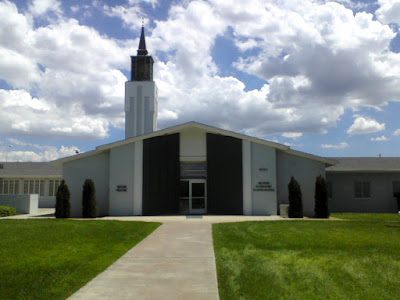“[Chaerephon] went to Delphi and boldly asked the oracle to tell him … whether anyone was wiser than I was, and the Pythian prophetess answered, that there was no man wiser.”
“When I heard the answer, I said to myself, What can the god mean? and what is the interpretation of his riddle? for I know that I have no wisdom, small or great. What then can he mean when he says that I am the wisest of men?”
– Socrates at his trial, as recorded in Plato's “Apology”
Classical education, in this context, is the study of Ancient Greece and Rome
Classical education, in this context, is the study of Ancient Greece and Rome. It was once all the rage in Western schools, but that changed drastically in the 1960s. At that time, some thought the subject to be too focused on the “dead white guys” (as they saw them). There was also an increased focus on math and science education after the then-recent Sputnik crisis, and less focus on humanities education. The Classics survived (and still live on today), but are no longer seen as being “central” to Western education in the way that they were seen before. This is a shame, because the Greeks and Romans influenced so much of who we are today. They had a great influence on our art, sculpture, architecture, theater, drama, literature, philosophy, science, and even our form of government. If history is about understanding who we are and how we came to be that way, the Classics actually have much to tell us about our identity as a people, and how it came about.
The “Forum Romanum,” better known as the Roman Forum









